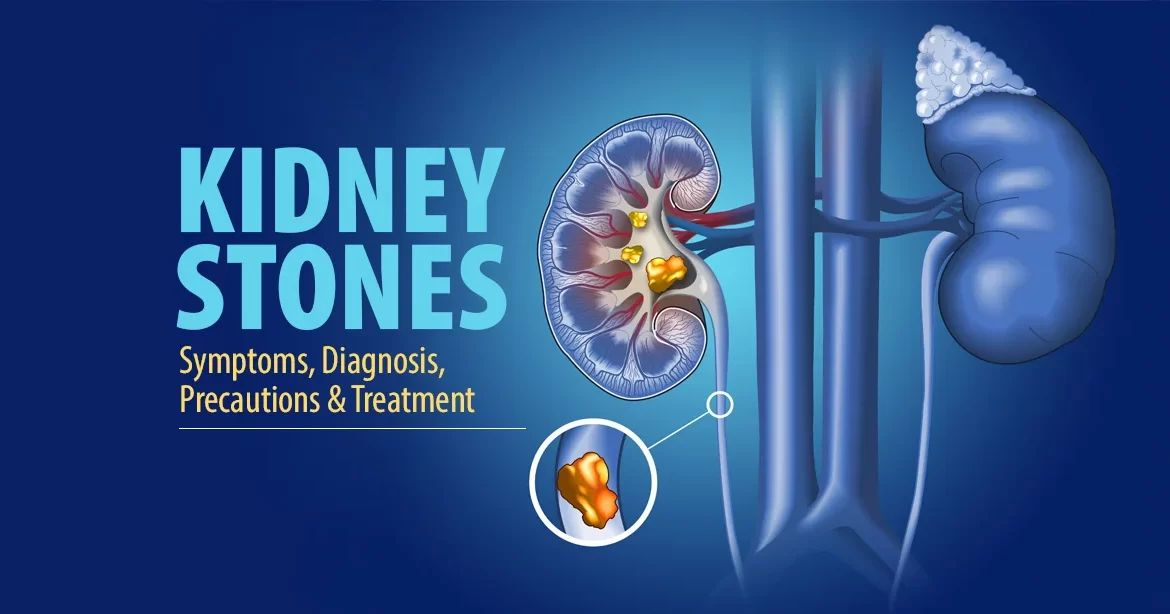
Kidney Stone Management
Understanding Kidney Stones
Kidney stones are hard deposits of minerals and salts that form inside the kidneys. They can vary in size and may cause significant pain and discomfort as they pass through the urinary tract. The formation of kidney stones is influenced by various factors, including diet, dehydration, genetics, and certain medical conditions.
Symptoms of Kidney Stones
The symptoms of kidney stones can vary depending on the size and location of the stone. Common symptoms include:
- Severe pain in the back, side, lower abdomen, or groin
- Pain during urination
- Pink, red, or brown urine (hematuria)
- Cloudy or foul-smelling urine
- Frequent urination or an urgent need to urinate
- Nausea and vomiting
- Fever and chills if an infection is present
Diagnosis of Kidney Stones
Diagnosing kidney stones involves a combination of medical history, physical examination, and diagnostic tests, such as:
- Imaging Tests: CT scans, X-rays, or ultrasounds to detect the presence, size, and location of kidney stones.
- Urine Analysis: Testing urine samples to check for blood, infection, and stone-forming minerals.
- Blood Tests: Identifying levels of calcium, phosphorus, and other substances that could contribute to stone formation.
Treatment Options for Kidney Stones
The treatment for kidney stones depends on the size, type, and location of the stones, as well as the severity of symptoms. Our comprehensive kidney stone management includes:
Conservative Management
- Increased Fluid Intake: Drinking plenty of water to help flush out small stones through urine.
- Pain Relief: Over-the-counter or prescription pain medications to manage discomfort.
- Medical Therapy: Medications to help pass stones more easily or to prevent stone formation.
Minimally Invasive Procedures
- Extracorporeal Shock Wave Lithotripsy (ESWL): A non-invasive procedure that uses shock waves to break kidney stones into smaller pieces that can be passed naturally through urine.
- Ureteroscopy: A thin tube (ureteroscope) is inserted through the urethra and bladder to the ureter, allowing the surgeon to remove or break up stones with laser energy.
- Percutaneous Nephrolithotomy (PCNL): A minimally invasive surgery where a small incision is made in the back to remove larger kidney stones directly from the kidney.
Surgical Management
- Open Surgery: In rare cases, open surgery may be required to remove very large or complex stones when other methods are not effective.
Preventing Kidney Stones
Preventing kidney stones involves lifestyle changes and medical management to reduce the risk of recurrence. Recommendations include:
- Hydration: Drinking plenty of water throughout the day to maintain clear urine.
- Dietary Modifications: Reducing salt, oxalate-rich foods (such as spinach and nuts), and animal protein intake.
- Medications: Prescribing medications to control underlying conditions that contribute to stone formation, such as hypercalciuria or hyperuricosuria.
Why Choose Us?
- Expertise: Dr. Santosh Agrawal specializes in the diagnosis and treatment of kidney stones, offering advanced and effective solutions.
- State-of-the-Art Technology: Our clinic is equipped with the latest technology for accurate diagnosis and minimally invasive treatment of kidney stones.
- Personalized Care: We provide individualized treatment plans tailored to each patient’s specific needs and medical history.
- Comprehensive Approach: From initial consultation to follow-up care, we ensure a thorough and supportive approach to kidney stone management.
If you are experiencing symptoms of kidney stones or have been diagnosed with a kidney stone, please contact us to schedule an appointment. Early intervention and effective management are key to preventing complications and ensuring your overall health and well-being.










